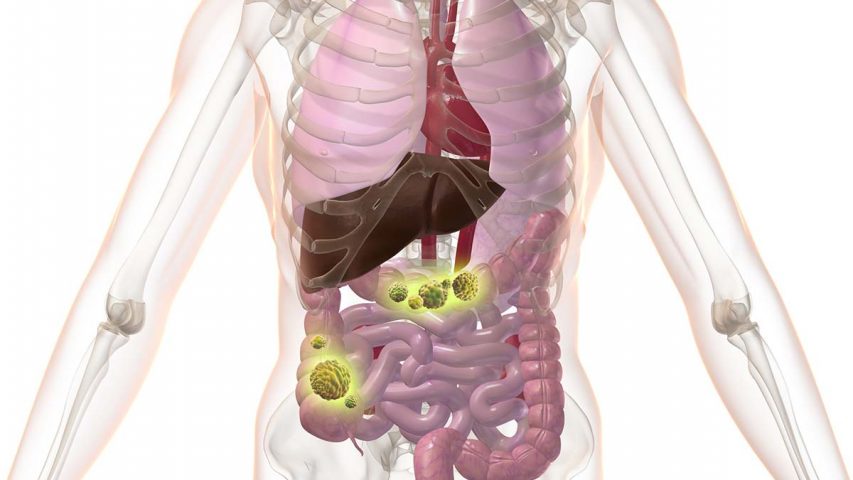- Have any questions? Contact us!
- info@dr-rath-foundation.org

Our Responsibility for Creating a World of Health, Peace and Social Justice
September 14, 2017
Native American tribes fight for clean water
September 24, 2017New Meta-Analysis Links Colon Cancer To Low Levels Of Vitamin E

A new meta-analysis has found that colon cancer is associated with low levels of vitamin E. Published in the Medicine (Baltimore)journal by researchers from China, the analysis examines studies with an overall total of 6431 participants from over 7 countries worldwide. Concluding that serum vitamin E concentrations were lower in patients with colon cancer compared to people not suffering from it, the researchers suggest that reduced levels of this micronutrient may be a risk factor for the disease.
The analysis focuses on 10 papers with 11 studies, involving 520 patients with colon cancer and 5981 controls. Pointing out that this cancer (also known as colorectal or bowel cancer) is the fourth leading cause of death worldwide, the researchers state that, considering the large number of participants and the quality of the studies examined, they believe their results to be highly accurate.
The Cellular Medicine approach to cancer
As regular visitors to our website will be aware, our Foundation has written extensively about the limitations of studies based on single micronutrients. While the finding that colon cancer is associated with low levels of vitamin E is certainly consistent with Dr. Rath’s discovery that the primary cause of chronic diseases is a long-term deficiency of micronutrients, this does not mean that vitamin E alone can prevent colon cancer. In fact, nor is it even necessarily the case that levels of vitamin E are low in all patients with colon cancer. While carrying out their analysis, for example, the Chinese researchers found that serum vitamin E levels were lower in European colon cancer patients but not in Asian ones.
Scientific research conducted at the Dr. Rath Research Institute has demonstrated that, for optimum prevention and control of cancer, specific combinations of micronutrients, chosen and balanced according to the principle of micronutrient synergy, are necessary. Through the use of such scientifically designed combinations, many of the biochemical mechanisms that make cancer a deadly disease can be targeted both effectively and simultaneously. In numerous studies, carried out at the Institute under the leadership of Dr. Aleksandra Niedzwiecki, it has been shown that vitamin C, lysine, proline, green tea extract and other important micronutrient components, when present together in synergistic proportions, can be effective in halting metastasis (the spread of cancer cells), decreasing tumor growth, and eliminating cancer cells without harming healthy ones.
A revolution in the prevention and control of cancer
Based on the results of this micronutrient research, and as Dr. Rath and Dr. Niedzwiecki illustrate in their groundbreaking book, Victory Over Cancer, we stand on the verge of a world-changing revolution in the prevention and control of cancer. Nutritional and Cellular Medicine approaches provide the scientific basis for this transformation and will ultimately reshape not only the prevention and control of cancer, but also our entire healthcare systems.
In this situation, achieving victory over cancer at the global level is essentially now dependent on one factor only: how fast can the truth about cancer be spread? With approximately 14 million new cases and almost 9 million deaths from the disease occurring each year, and the numbers still rising, countless lives directly depend on our distributing this lifesaving information as widely and rapidly as possible.




